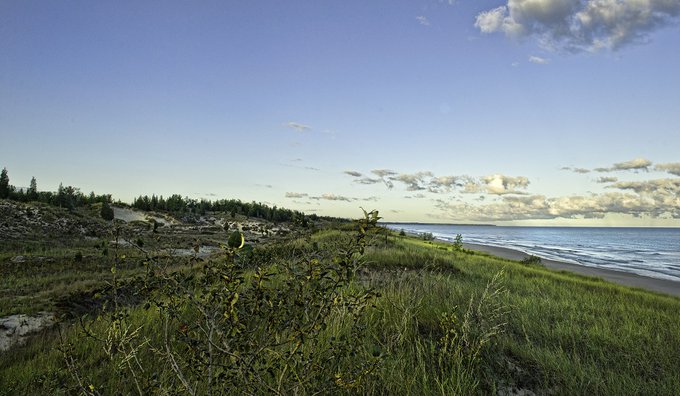With spring in full swing and summer on the horizon, this season’s warmer and longer days make it the perfect time of year for outdoor activities. The Simcoe Muskoka District Health (SMDHU) unit reminds residents that with a little planning, you can make your outdoor experiences safer and memorable during the warm weather season.
“Research shows that greater exposure to natural environments such as parks and woodlands is associated with better health and well-being, but people may worry about spending extended time outdoors in natural environments when they hear reports about ticks carrying Lyme disease or mosquitoes spreading West Nile Virus,” says Dr. Charles Gardner, SMDHU’s medical officer of health. “The risk of Lyme disease, transmitted by blacklegged ticks, and West Nile Virus, carried by certain mosquitoes, is increasing throughout Simcoe Muskoka because of the warmer temperatures brought on by climate change.”
To lower your chances of being exposed to tick or mosquito bites, you can take the following actions:
- When outdoors in grassy or wooded areas, wear light coloured, long-sleeved shirts and pants, and shoes with closed toes, and tuck your pant cuffs into your socks. Light coloured clothing makes ticks easier to see.
- Use an insect repellent. Prior to using an insect repellent, make sure it is registered in Canada, read the label and follow directions. The label will specify what pests the product will protect you from.
- Check your entire body, as well as other family members (e.g., children, partner) and pets for ticks after being outdoors. Remind friends who were with you to do the same. For those hard to see places, use a mirror, or ask someone to check for you. If you find a tick, remove it as soon as possible. After removing the tick, use eTick.ca for tick identification and follow the guidance provided (e.g., if it is a blacklegged tick, contact your health care provider to help assess your risk of Lyme disease).
- Keep ticks and mosquitoes away from your home and garden by getting rid of standing water and keeping grass, brush and weeds short. Move woodpiles and bird feeders away from the house.
“Warmer weather also means more exposure to heat and harmful rays from the sun. To avoid heat-related illness such as heat stroke, stay hydrated and look for cool, shaded areas when the sun is out,” says Dr. Gardner.
Individuals should also practice sun safety by wearing a wide-brimmed hat and loose, long-sleeved shirts and pants, and by using a broad spectrum and water-resistant sunscreen with a sun protection factor (SPF) of 30 or more (and don’t forget to reapply a generous amount at least every two hours). Remember to protect your eyes by wearing sunglasses or prescription eyeglasses with UV-protective lenses that protect against both UVA and UVB. Taking these precautions is particularly important during peak sunlight hours (11 a.m. to 3 p.m.).
Picnics are outdoor staples of warm weather recreation, but precautions should be taken to avoid foodborne illnesses. Older adults, young children, pregnant women, and those with weakened immune system are at a greater risk of serious cases of food poisoning.
The following food safety tips will help to ensure you, your family and your friends can enjoy picnics in the outdoors:
- Always wash hands before preparing food and use thoroughly cleaned and sanitized counters, plates and utensils.
- Have enough coolers with ice or frozen gel packs to store perishable foods like meat, poultry, fish, eggs and salads. You want to keep the food at 4oC. Pack foods directly from the refrigerator into the coolers.
- Pack raw meats, poultry or seafood on the bottom of the cooler. This will reduce the risk of them dripping on other foods. Pack coolers until they are full.
- Use a separate cooler for drinks so the one containing the food will not constantly be opened and closed.
- When transporting, if possible, do not put the cooler in the car trunk. Keep it inside an air-conditioned car. At picnics, keep the cooler in the shade and keep the lid closed. Replenish the ice if it melts.
- Find out if there is a source of safe drinking water at your destination. If not, bring water for preparation and rinsing hands. Hand sanitizer is great to bring along, but you must ensure your hands are visibly clean prior to use.
The health unit also reminds the public that gathering outdoors is a safer way to socialize with others as it helps to lower the risk of COVID-19 transmission. For more information and tips for protecting your health during the warmer months, visit www.smdhu.org








